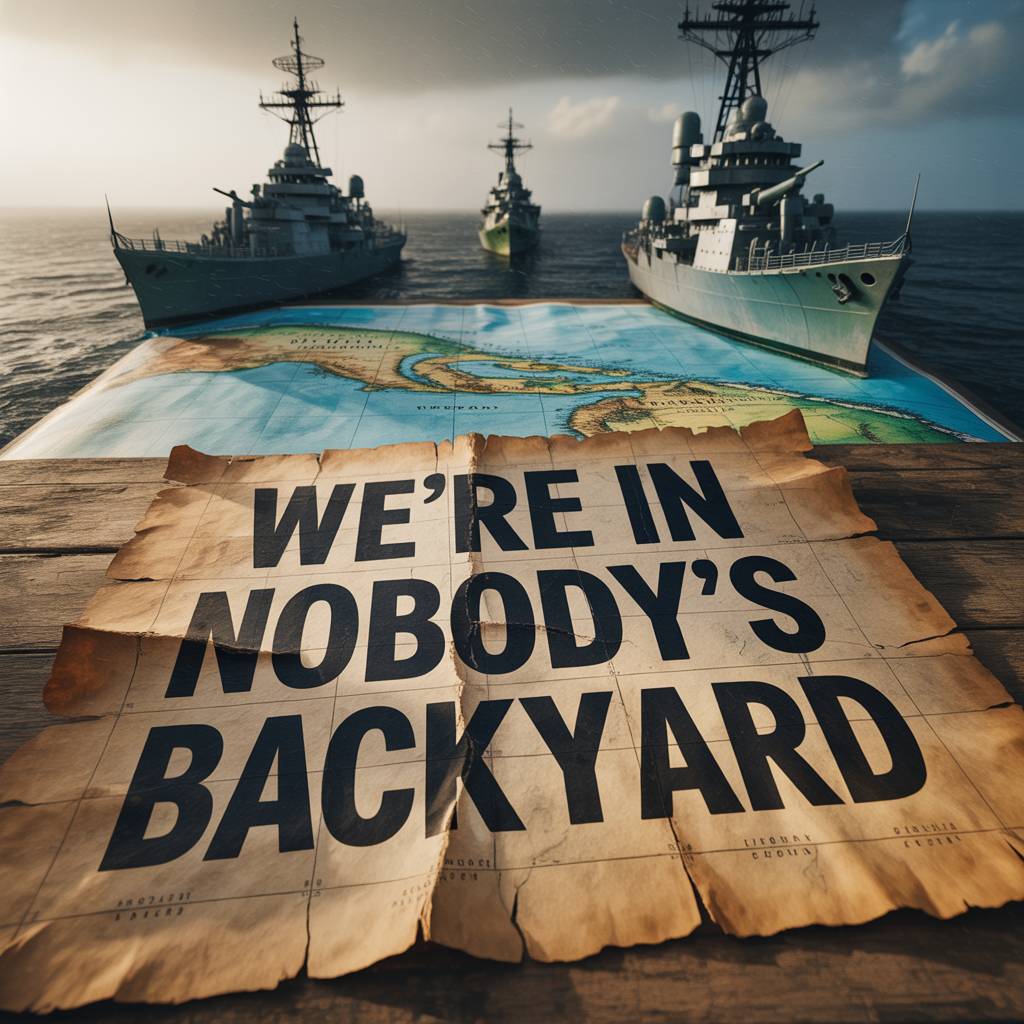For decades, the Caribbean has been burdened by the metaphor of being ‘somebody’s backyard,’ a phrase often used by policymakers, diplomats, and even regional leaders. This imagery has perpetuated a narrative of passivity and subordination, where the sovereignty of small nations is overshadowed by the interests of global powers. However, as the geopolitical landscape shifts with the United States, China, and Europe vying for influence, the Caribbean is increasingly asserting its independence and strategic value. Recent developments, such as the US request to install military radar in Grenada, Guyana’s oil-driven economic boom, and China’s infrastructure investments, highlight the region’s growing geostrategic importance. Yet, the implications of this renewed attention are deeply felt in the daily lives of Caribbean citizens, from democratic struggles to economic challenges. The region’s leaders and grassroots movements are redefining the terms of engagement with external powers, negotiating with newfound confidence. The legacy of Maurice Bishop, Grenada’s former Prime Minister, who famously declared, ‘we are in nobody’s backyard,’ serves as a poignant reminder of the ongoing struggle for sovereignty and regional unity. The Caribbean’s history of resistance to imperial dominance, from the Monroe Doctrine to Cold War interventions, underscores its resilience and determination to chart its own course. Today, the region is navigating a complex web of global interests, from China’s Belt and Road Initiative to European colonial reparations debates, while addressing internal vulnerabilities such as public finances and political polarization. The Caribbean’s strength lies in its ability to build flexible coalitions, balancing relationships with competing powers while prioritizing the interests of its people, environment, and culture. As the 21st-century ‘Great Game’ unfolds over cyberinfrastructure, climate adaptation, and energy, the Caribbean’s strategic importance will only grow. The challenge is to remain vigilant against the transactional temptations of big-power deals while building robust institutions and policies that safeguard the region’s autonomy. The Caribbean is not and has never truly been anyone’s backyard. Its societies are mosaics of resilience, creativity, and irrepressible agency, determined to define their own destinies.
